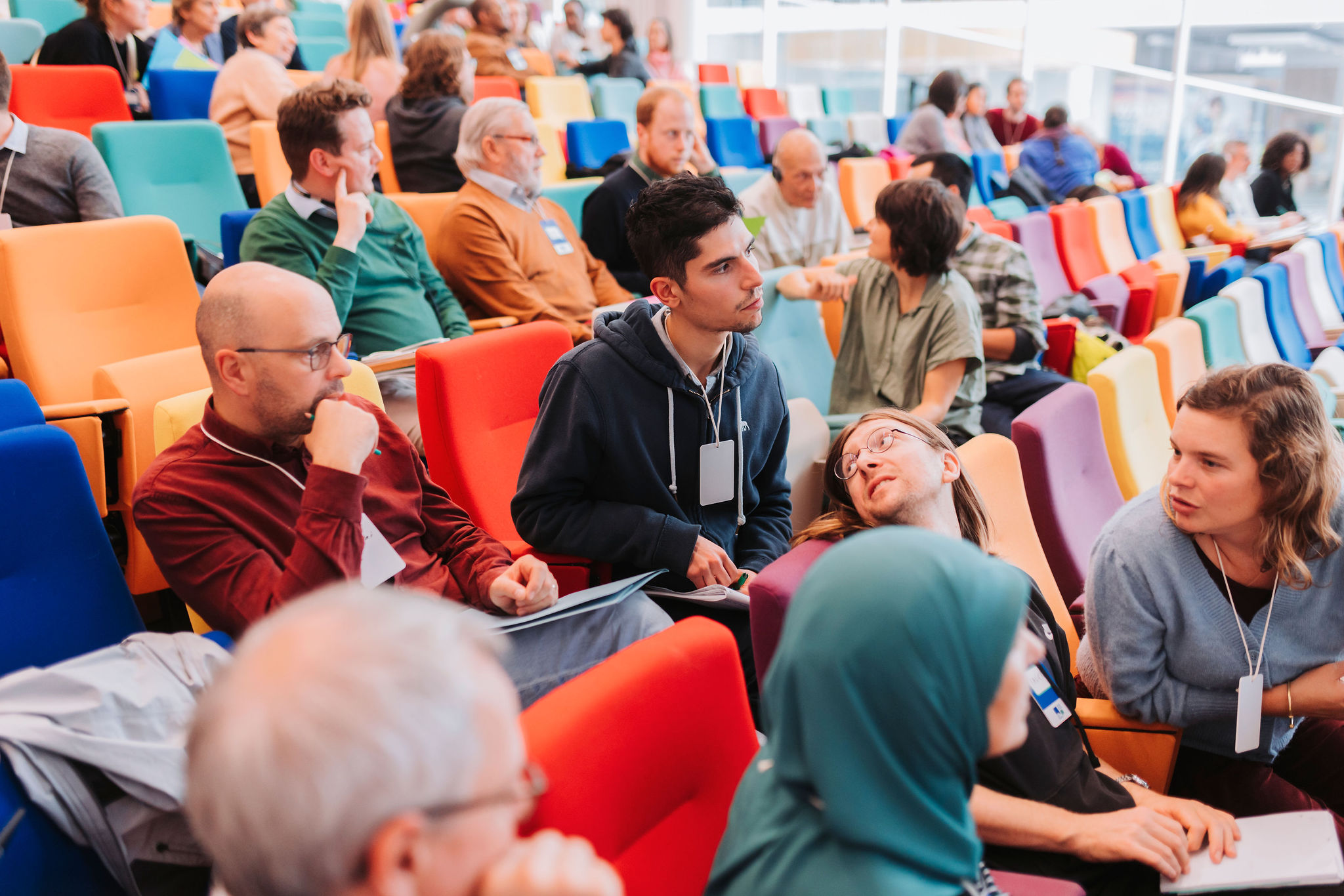On the weekend of October 21st, 75 randomly selected residents answered the call to action initiated by the Brussels Government. This second edition of the Citizen Assembly for Climate focuses on the theme of food, building on the success of the inaugural assembly, which tackled housing. Over the course of five sessions from October to December, participants will engage in in-depth discussions about food. Their objective? To craft recommendations for the Brussels Regional Government, with the overarching goal of “facilitating a transition to a more sustainable and high-quality diet for all Brussels residents by 2050.”
Food has an undeniable influence on climate change. It plays a pivotal role in generating a substantial share of greenhouse gas emissions. These emissions emanate from multiple sources, including the use of chemical fertilizers, pesticides, and mechanized farming in agricultural production. Emissions arise from the extensive transportation of food from production regions, whether by road, sea, air, or other means. The energy-intensive nature of packaging and food processing facilities further contributes to this ecological footprint. The consumption of red meat, known for its high water consumption, and dairy products all leave their mark on the environmental equation. And of course, food waste exacerbates this multifaceted environmental challenge.
The Brussels Region, like the rest of the world, is not immune to these challenges. In Brussels, and in most cities, food supply heavily relies on imports since agricultural land is scarce and primarily serves only marginal consumption. An eye-opening statistic illustrates this: out of the total national potato production, 80% is earmarked for processing and export, with only 10% consumed locally. Consequently, indirect greenhouse gas emissions from food (15%) are unsurprisingly much higher than direct emissions. On the other hand, the food sector is the largest job provider and the leading contributor to the country’s wealth. The Horeca sector, encompassing hotels, restaurants, and cafes, employs one out of every 20 people in Brussels. As for dietary habits, Belgians consume the equivalent of one burger a day, and only 13% of individuals over the age of six meet the recommended daily intake of fruit and vegetables (the most wasted foods).
In addition to shaping the policies of the Brussels Government across various domains, including ecological transition, climate, and public health, the collective wisdom of citizens will also fortify the foundations of the Good Food strategy, orchestrated by Brussels Environment. This public service agency is entrusted with overseeing environmental and energy matters within the Brussels-Capital Region. The overarching objective of the Good Food strategy is to guarantee access to nutritious, locally sourced, and sustainable food for all residents, whether in their homes or within communal dining settings. It also aims to establish fair remuneration for food producers and curb wastage along the entire food supply chain.
The timing of this Assembly couldn’t be better, coinciding with the upcoming revision of the Good Food strategy slated for 2025. Despite the initial collaborative development of this strategy involving diverse stakeholders in the Brussels food sector, such as federations, municipalities, and market gardeners, it has yet to fully embrace a citizen-centered perspective.
This raises fundamental questions: What do citizens require to spearhead transformative change? What are their expectations from public authorities, business entities, and society as a whole to provide support? Furthermore, how can they collectively achieve their objectives under terms that are not only acceptable but also equitable? These intricate and pressing questions are precisely the challenges that citizens must grapple with as they navigate the path to a more sustainable and inclusive future.







